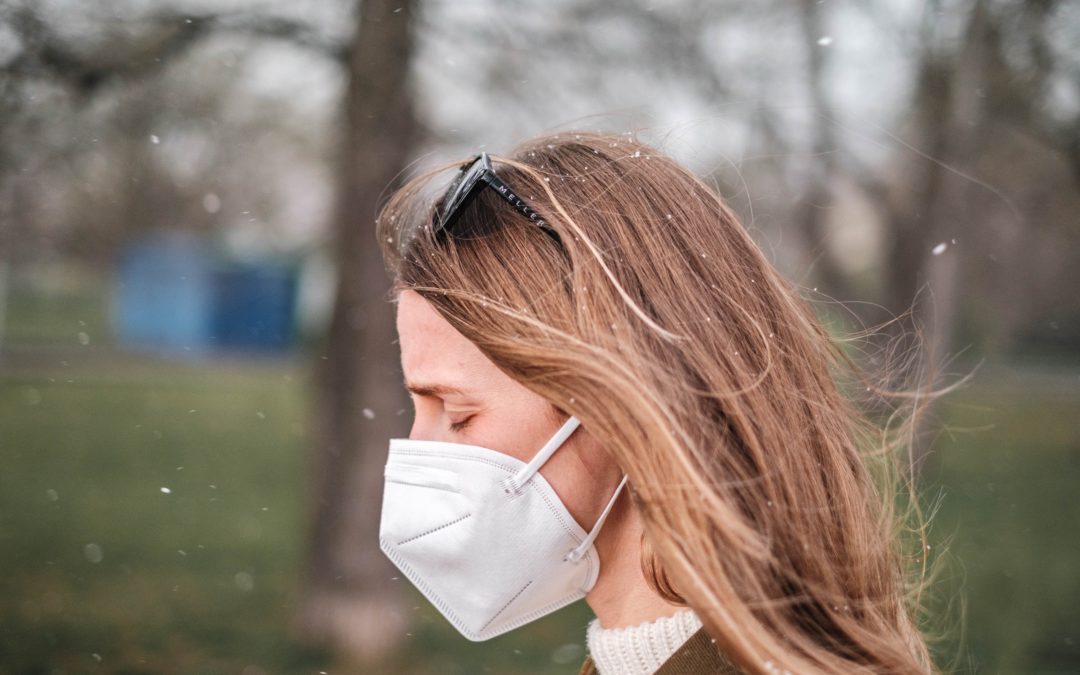It is no surprise that losing a parent, loved one, or caregiver can be traumatic and understanding grief can be difficult for any age but specifically, children. This has been magnified through COVID-19.
A child may have a wide range of reactions to the loss of a parent or loved one; grief is a difficult journey. “However, when that loss or death is experienced as a traumatic loss, it can derail development,” said Megan Goslin, PhD, a clinical psychologist and associate research scientist at Yale University’s Child Study Center. Goslin works provide therapeutic interventions with children and families who have experienced a traumatic event. She explains, post-traumatic symptoms can lengthen the mourning process and prevent children from focusing on everyday life and could have trouble relationally.
However, the grief children have experienced through the pandemic is more complicated because of the isolation and loneliness that was involved and caused restrictions of close friendships and comfort from caregivers. “For children who are experiencing devastating grief due to COVID deaths, these stressors can be far worse. “The uncertainty about who will contract COVID and who will become very ill adds further anxiety for the child, who may fear the loss of others [the other parent, other family, friends] and contracting COVID themselves,” said Julian Ford, PhD.
A part of a successful approach towards children’s grief is learning how to deliver therapy in new ways. Dr. Julian Ford, “providers managed to adapt and learned to do things such as make better use of technology with such strategies as screen sharing or dropping off props for play-based therapy at people’s homes so that parallel play could happen virtually.” Dr. Corinn Elmore, PhD, found that because “kids under 9 years old had trouble focusing for long periods of time, she would spend about 80% (rather than her usual 30%) of a session with the parent alone. For 9- to 12-year-olds, it was about 50/50 child and parent. With patients over 13 years old, she didn’t find much of a difference between in-person and virtual sessions.” Not only does the child need counseling through grief but so does the parent and virtual therapy has been an immense help with this as well.
Reference:
Edgar, A. (2021). A Hidden Pandemic of COVID-19. Vol. 52 No. 8. Pg. 52. American
Psychological Association.


Recent Comments